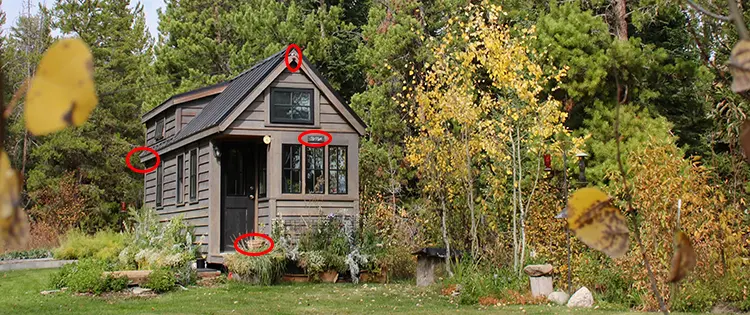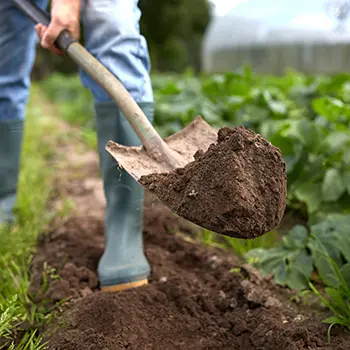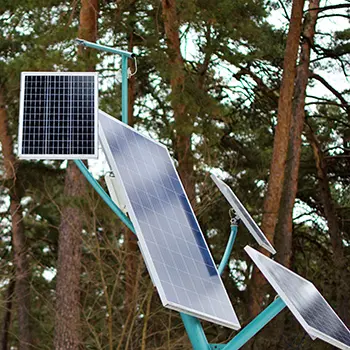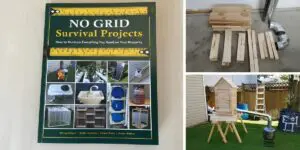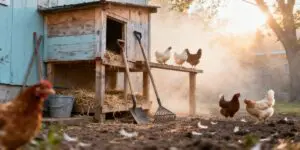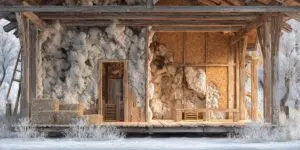There is a romanticism surrounding living off the grid. Most of us have daydreamed about leaving the modern world behind and retreating to an off-grid homestead to unplug and live off the land.
Getting off-grid and self-sufficient may seem like the most difficult part, but once you are off the grid, there are challenges that most homesteaders do not want to think about.
Everything Takes Work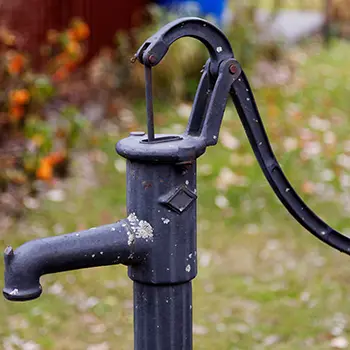
The great part of modern life is that everything has been designed and engineered to make our lives as simple as possible.
Water flows freely from the tap, electricity is only an outlet away, and any food or supplies you need are close by and readily available. In some cases, Amazon will deliver the goods you need on the same day, and you do not need to get out of your pajamas.
Once you are off the grid, there is going to be a lot of extra work that you need to put in to get the necessities of life. You may be able to get running water, but this will involve pumps and pipes taking that water from the source into your home. Realistically, many off-grid homesteads will need water to be fetched daily, which is the first of a long list of daily chores.
Food is grown, raised, harvested, or hunted, and if you do not have enough, then you will either starve or you’ll have to drive into town to buy more supplies.
Gardens and raising animals take a lot of work, and hunting is very time-consuming. And these activities are critical to your survival. Everything that is around your off-grid homestead can be broken or destroyed. You can’t call in a handyperson or contractor, so you need to be able to fix everything.
This takes knowledge, tools, supplies, and skills that can take quite some time to develop or acquire.
The Work Is Hard
When was the last time you swung a hammer all day? Have you spent an afternoon hauling bricks or boulders? Or digging in the dirt for days on end? The truth is that 99% of people reading this do not have the physical fitness needed to truly live an off-grid life.
The manual labor of off-grid life requires a level of physical fitness that you can’t get from your 30-minute Peloton workout or daily gym session. Being able to run a marathon doesn’t mean that you can haul five-gallon jerry cans of water every day or chop firewood.
The only way to get in shape for off-grid life is to focus on functional fitness that imitates the types of tasks that you will be doing off-grid.
No Sick Days
When there is a list of chores that need doing, you don’t get to lay in bed with the sniffles or if you are too sore from the previous day’s chore list. You need to be ready to go every day, and if you get hurt or sick, your survival can be in jeopardy.
The healthcare system effectively treats common injuries that most of us encounter throughout our lives. However, when you live off-grid, you become your own healthcare provider.
Nurses and doctors can efficiently address issues like broken bones, deep cuts, or burns at the local urgent care center. When you live off grid, these medical mistakes can put your life in serious danger.
Included is ensuring that your water and food are clean and will not get you sick. One sip of bad water will make you ill and could potentially kill you. The same goes for undercooked or spoiled food. Maintaining robust physical health is critical to off-grid life and needs to be carefully considered.
Power Is Always Going to Be a Problem
Most homesteaders will have some sort of off-grid power when they decide to live off-grid. Whether it’s solar, wind, or hydroelectric, these systems require care and maintenance that you have to do yourself.
Also, the batteries in these renewable systems have a shelf life, so there will be a time when the batteries need replacing.
During a long-term SHTF situation, you cannot access any replacement batteries. The same is true of solar panels; they, too, have a shelf life, and when they die after SHTF, there will not be any way to get replacements.
Mental Health Issues
Even if you are living off-grid with your family, you will miss the social interactions of modern life. It is easy to stay connected to friends and family through texting or social media, but when the grid is removed, these connections require much more effort.
We need these social connections to support our mental health, and when they are removed, people living off the grid will start to feel very lonely and could become depressed.
There is a lot of added anxiety that off-grid living will also present us. Everything that can go wrong requires solutions that only you can provide. The success or failure of your off-grid homestead rests on your shoulders, which can lead to stress and anxiety.
There is also the lack of mindless entertainment that we distract ourselves with. Modern life is full of distractions that keep us from spending too much time in our headspace.
The silence of off-grid living will result in having to spend a lot of time in our heads, and if you do not like yourself, you will have a bad time. We must spend more time getting right with ourselves during daily life because waiting until we live off the grid or SHTF will not have good results.
Homesteaders strive to be self-sufficient enough to live removed from the grid and become reliant on no one.
While it is nice to have fantasies about this lifestyle, we also need to be realistic about the challenges we will face.
To that end, if you plan to start an off-grid homestead, consider the dark side before it’s too late.
This article first appeared here.
You may also like:
How To Heat Your Home Without Electricity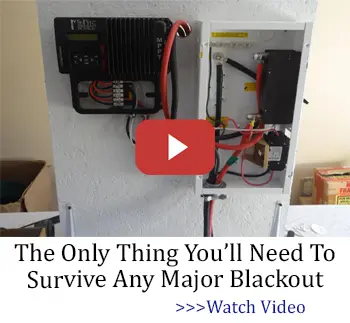
10 Medical Supplies You Need To Stock Up Before It’s Too Late (Video)
Survival Foods You Need To Grow Now
How To Make An Invisible Shelter
Easy DIY Water Purification System For Under $20

